Homeopathy Before the Surgery
When one has to undergo an operation, he/she has to be completely examined in order to see whether the other systems or organs are healthy and strong enough for surgery. There are several homeopathic remedies that are usually recommended if one has to undergo an operation.
It is very important to consult a qualified homeopath who will suggest the best remedy for the person depending on the type of surgery and symptoms of the disorder in question. One should know that the one homeopathic remedy does not have the same effects for every person.

Homeopathic remedies for the prevention of bleeding and bruising should be taken the night before the surgery. Furthermore, certain homeopathic remedies should be used after the operation as well.
Although homeopathic remedies are harmless and do not interfere with other types of treatment, such as medicines, the doctor should be informed about that. Many homeopaths highly recommend homeopathic remedies for anxiety, which should be used on days that precede the surgery.
Homeopathic Remedies for Surgery and Recovery Support
There are several homeopathic remedies that are highly recommended by many qualified homeopaths, and among them are Aconitum napellus, Arnica, China, Ferrum phosphoricum, and Gelsemium, as well as Hamamelis and Hypericum.
When a person who has to undergo an operation is extremely panicked and fears of dying, the best homeopathic remedy is Aconitum napellus. This remedy is also good when the symptoms such as dry mouth, sensitivity to light, and thirst occur.
Arnica is a powerful homeopathic remedy that should be taken the night before surgery. It is very beneficial for preventing bleeding during surgery, as well as for preventing or reducing bruising, swelling, and soreness during the recovery.
- We conducted a systematic review and metaanalysis, following a predefined protocol, of all studies on the use of homeopathic Arnica montana in surgery.
- We included all randomized and nonrandomized studies comparing homeopathic Arnica to a placebo or to another active comparator and calculated two quantitative metaanalyses and appropriate sensitivity analyses. We used “Hegde's g,” an effect size estimator which is equivalent to a standardized mean difference corrected for small sample bias.
- Twenty-three publications reported on 29 different comparisons. One study had to be excluded because no data could be extracted, leaving 28 comparisons. Eighteen comparisons used placebo, nine comparisons an active control, and in one case Arnica was compared to no treatment.
- The metaanalysis of the placebo-controlled trials yielded an overall effect size of Hedge's g = 0.18 (95% confidence interval ?0.007/0.373; p = 0.059). Active comparator trials yielded a highly heterogeneous significant effect size of g = 0.26.
- This is mainly due to the large effect size of nonrandomized studies, which converges against zero in the randomized trials.
When a patient suffers from stiffness or coldness that follows surgery of the abdomen and breasts, the recommended homeopathic remedy is Bellis perennis.
Furthermore, when one feels faintness and ringing in the ears as a consequence of surgery, China is very powerful in relieving these symptoms.
Ferrum phosphoricum is used when inflammation occurs after the surgery and it can cure it.
The symptoms that occur before surgery, such as nervousness, lethargy, and trembling, as well as headaches and diarrhea, may be effectively treated with Gelsemium.
Hamamelis is a homeopathic remedy that is often used when a person has weak veins.
Other homeopathic remedies that are also widely used and highly suggested are Ledum palustre, Phosphorus, Rhus toxicodendron, and Ruta graveolens as well as Staphysagria.


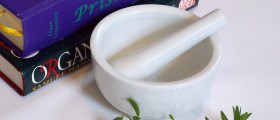

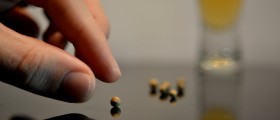
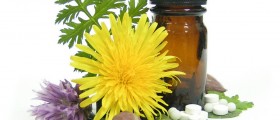
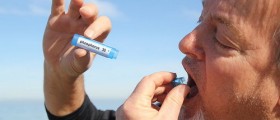
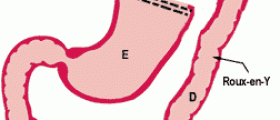


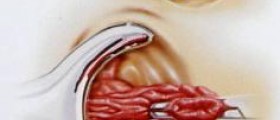

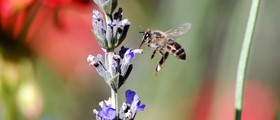


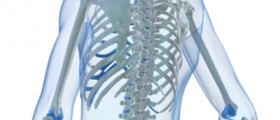

Your thoughts on this
Loading...